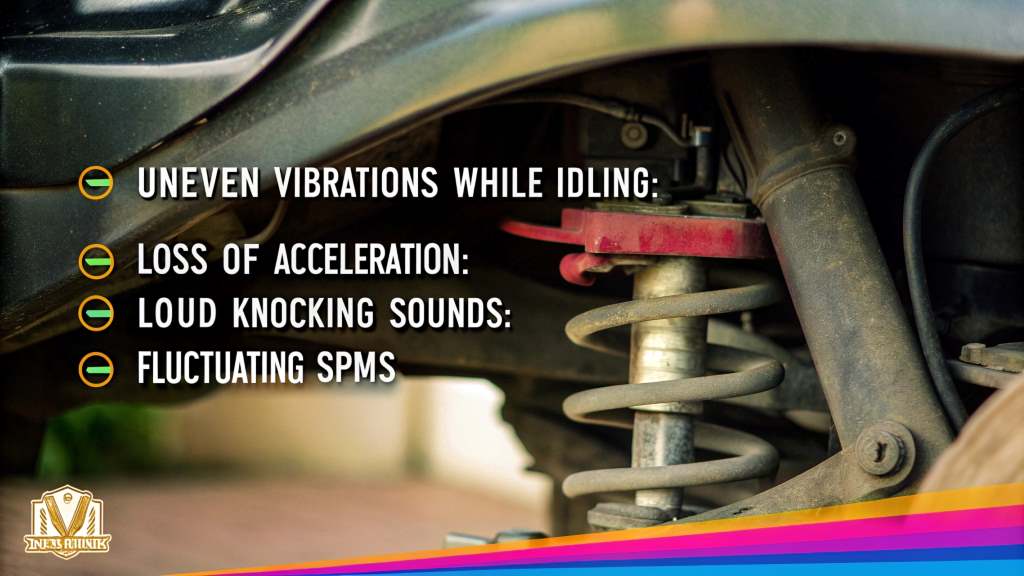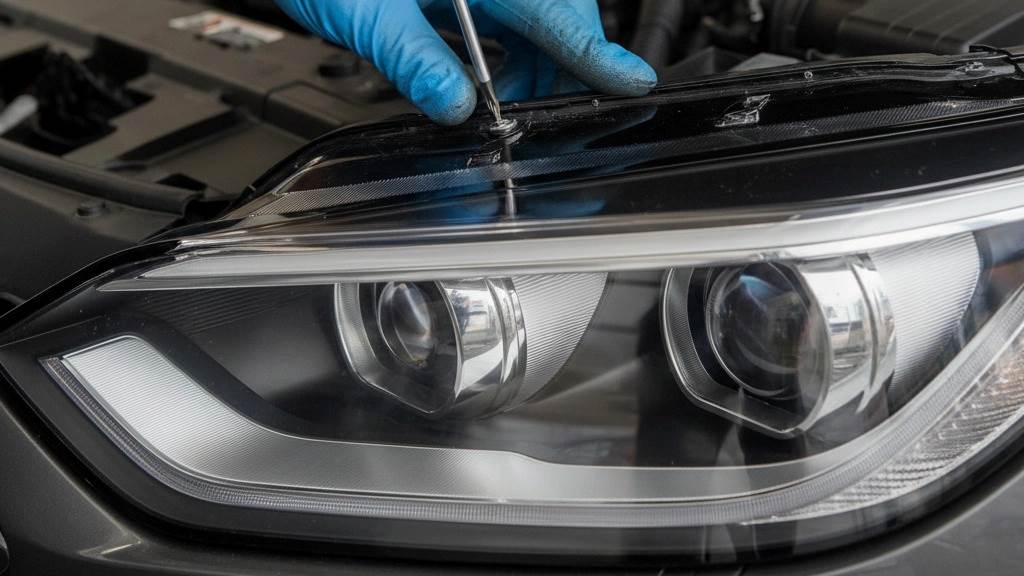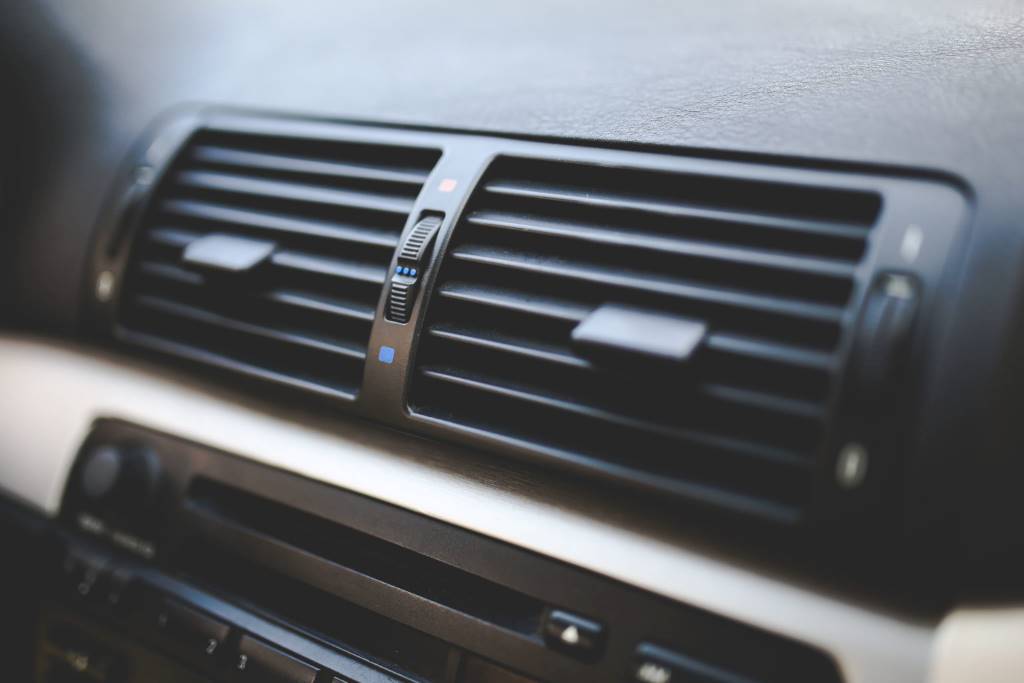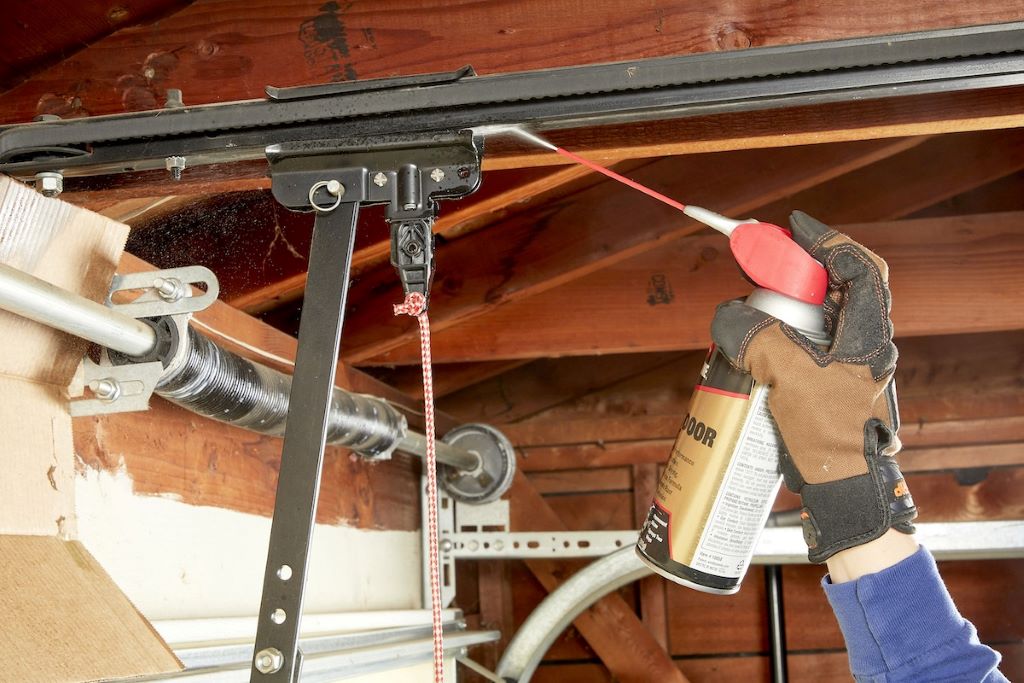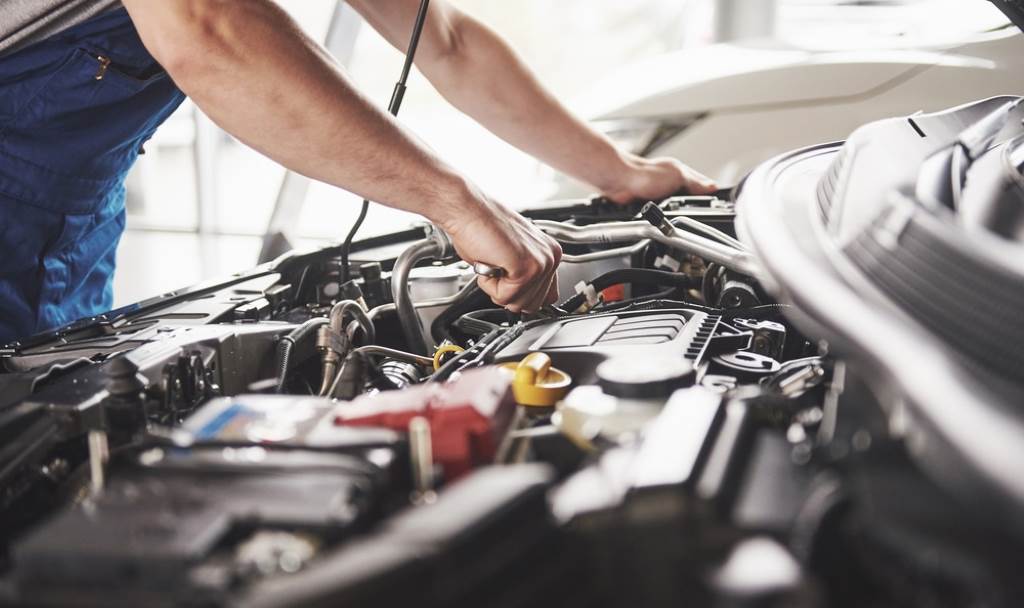Your car should run smoothly, with minimal noise and vibrations. But what happens when it begins shaking and losing power? This concerning issue can point to deeper mechanical problems that require immediate attention. If you’ve ever asked yourself, “Why is my car shaking and engine losing power?” this article will provide a comprehensive guide to potential causes, solutions, and preventative tips to get your vehicle back on track.
Before diving into the details, check out Beebuze for more practical automotive insights to help you maintain your car in top shape.
What Causes a Car to Shake and Lose Power?
When a car starts vibrating or losing power, the issue can arise from several sources. It’s not always a catastrophic failure; sometimes, simple wear and tear can cause the problem. The primary culprits often fall into the following categories:
- Engine Performance Issues
- Transmission Malfunctions
- Suspension or Tire Imbalances
- Fuel Delivery Problems
Understanding these underlying causes is essential to diagnosing and resolving the issue. According to a recent AAA study, 52% of breakdowns in the U.S. are linked to mechanical failures, including engine performance issues and power loss.
Common Symptoms of Shaking and Power Loss
Before diving deeper into technical causes, recognizing the symptoms is crucial:
- Uneven Vibrations While Idling: This could indicate engine misfires or faulty mounts.
- Loss of Acceleration: A sign of fuel system or transmission trouble.
- Loud Knocking Sounds: Often linked to engine issues or worn-out bearings.
- Fluctuating RPMs: Points to ignition or sensor problems.
By identifying these symptoms early, you can act before the situation worsens.
Engine Misfires: A Common Culprit
An engine misfire occurs when one or more cylinders fail to combust the air-fuel mixture. This leads to an unbalanced power output and vibrations. Misfires are a top reason cars shake and lose power. Common causes include:
- Faulty Spark Plugs: Worn-out plugs cause inconsistent combustion.
- Ignition Coil Failure: Prevents the spark needed for combustion.
- Clogged Fuel Injectors: Restrict fuel flow, resulting in incomplete combustion.
Replacing spark plugs every 30,000-100,000 miles (depending on type) can help prevent misfires. Additionally, professional injector cleaning ensures smooth fuel delivery.
Transmission Problems and Their Impact
The transmission is responsible for delivering engine power to the wheels. Any issue with this system can result in vibrations and power loss. Some transmission-related causes include:
- Slipping Gears: Causes uneven acceleration and loss of power.
- Low Transmission Fluid: Can lead to overheating and internal damage.
- Worn Transmission Mounts: Amplifies vibrations when shifting gears.
Routine checks of transmission fluid levels and condition are critical. Refilling or flushing the fluid can often resolve these problems. Learn how new technologies, like how to start a car using obd port, are simplifying troubleshooting for vehicle owners.
Tire and Wheel Imbalances
Uneven tires or improperly aligned wheels are major sources of vibration. A misaligned car will often pull to one side, further reducing performance.
- Unbalanced Tires: Create vibrations at certain speeds.
- Bent Rims: Resulting from potholes or curbs can disrupt stability.
- Improper Tire Pressure: Over or under-inflated tires directly impact the driving experience.
Regular tire rotations, balancing, and alignment checks every 6,000-8,000 miles can eliminate these issues.
Fuel System Problems
A car’s fuel system is pivotal to its performance. Problems here can lead to uneven power delivery and shaking. Key issues include:
- Fuel Pump Failure: Insufficient fuel supply causes the engine to stutter.
- Clogged Fuel Filters: Block fuel flow to the engine.
- Dirty Fuel Lines: Result in inconsistent performance.
Changing the fuel filter every 20,000-40,000 miles can help prevent such issues. Using quality fuel additives occasionally can also clean your system.
Faulty Engine Mounts
Engine mounts secure the engine to the car frame. When these wear out or break, vibrations increase significantly. Symptoms include:
- Excessive Shaking During Idling
- Visible Engine Movement
- Thudding Sounds When Accelerating
Replacing damaged engine mounts typically resolves these issues.
Ignition System Failures
The ignition system is central to your car’s performance. If it malfunctions, the car may shake or lose power. Common ignition problems include:
- Worn Distributor Caps
- Damaged Spark Plug Wires
- Crankshaft Position Sensor Failure
Performing an ignition system tune-up every 50,000-100,000 miles ensures long-term reliability.
Air Intake and Exhaust System Blockages
Restricted airflow or exhaust outflow can lead to vibrations and poor engine performance. Problems in these systems include:
- Dirty Air Filters: Starve the engine of oxygen.
- Blocked Catalytic Converters: Prevent exhaust gases from escaping efficiently.
- Vacuum Leaks: Disrupt the air-fuel ratio.
Replacing air filters every 12,000-15,000 miles and monitoring the exhaust system are effective solutions.
Suspension Issues
Suspension components, like struts and shocks, absorb road impacts. If these wear out, vibrations can travel through the vehicle. Key suspension problems include:
- Worn-Out Bushings
- Damaged Shock Absorbers
- Loose Control Arms
Routine suspension inspections are necessary, especially after encountering rough roads frequently.
- Sensor Malfunctions and Warning Signs
Modern vehicles rely on sensors to maintain optimal performance. Faulty sensors can cause power loss and shaking. Important sensors to check include:
- Mass Air Flow (MAF) Sensor
- Oxygen Sensor
- Throttle Position Sensor
Scanning the car’s onboard diagnostics (OBD) system provides quick insight into sensor issues.
Electrical Issues and Battery Concerns
Low battery power or loose connections can lead to erratic engine performance. Symptoms include flickering lights and intermittent vibrations.
Ensuring tight battery connections and replacing old batteries every 3-5 years keeps electrical issues at bay.
Preventative Tips for Avoiding Shaking and Power Loss
- Schedule Regular Maintenance: Routine checks of the ignition, fuel, and suspension systems keep your car in optimal shape.
- Monitor Fluid Levels: Engine oil, transmission fluid, and coolant play critical roles in performance.
- Inspect Tires Regularly: Maintain proper alignment, pressure, and balance.
- Use Quality Fuel: Reduces carbon deposits in the engine.
- Pay Attention to Warning Signs: Address dashboard lights and unusual sounds promptly.
Conclusion
Understanding “why is my car shaking and engine losing power” is crucial for maintaining vehicle health. With proper maintenance, timely repairs, and routine checks, you can avoid costly breakdowns and ensure a smooth driving experience. Don’t wait for small issues to escalate—address them early to keep your car running efficiently.


